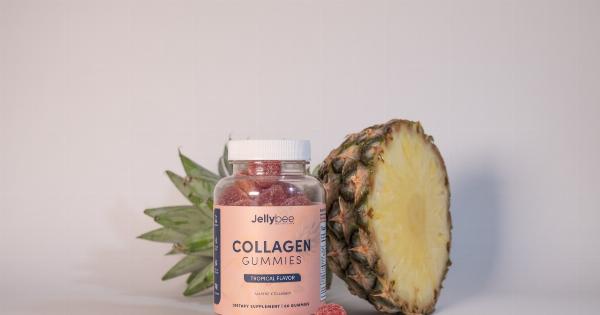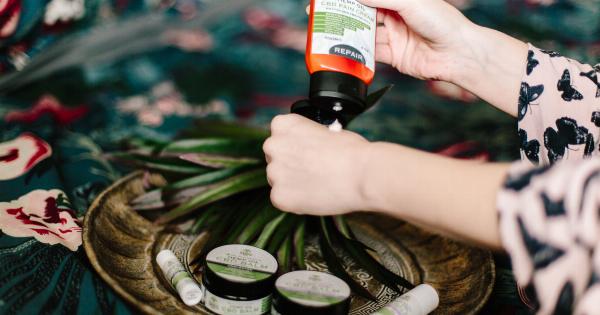Collagen is a protein that is present in our skin, bones, tendons, muscles, and cartilage. It is one of the most abundant proteins in the human body, comprising approximately one third of the total protein.
Collagen is responsible for giving structure, strength, and elasticity to our skin and tissues. It also plays a crucial role in maintaining the health and function of our joints, bones, and muscles.
What happens when collagen levels drop?
As we age, our body’s ability to produce collagen decreases, which can lead to a variety of problems. When collagen levels drop, our skin loses elasticity, and wrinkles, fine lines, and sagging skin become more apparent.
Collagen also helps to maintain the health and structure of our bones, tendons, and cartilage. Therefore, when collagen levels decrease, our joints may become stiff and painful, and we may be at an increased risk for conditions like arthritis and osteoporosis.
In addition, a decrease in collagen can also affect our muscles. Collagen is essential for maintaining the integrity of the muscle tissue and supporting muscle growth.
A lack of collagen can result in muscle weakness and a decrease in the overall tone and strength of the muscles.
What are the causes of low collagen levels?
Low collagen levels can be caused by a variety of factors, including:.
- Age – as we age, our body’s natural ability to produce collagen decreases
- Diet – a diet low in protein, vitamin C, and antioxidants can affect collagen production
- Stress – chronic stress can affect collagen production and lead to premature aging
- Sun exposure – excessive sun exposure can damage collagen fibers and lead to a decrease in collagen production
- Smoking – smoking can reduce collagen production and damage collagen fibers
- Medical conditions – some medical conditions like autoimmune disorders and Ehlers-Danlos syndrome can affect collagen production and lead to low collagen levels
What are the symptoms of low collagen levels?
The symptoms of low collagen levels vary depending on which part of the body is affected. Some common symptoms include:.
- Wrinkles and sagging skin
- Joint pain and stiffness
- Osteoporosis
- Low muscle mass and strength
- Slow wound healing
- Brittle nails and hair
- Gastrointestinal problems like leaky gut syndrome
How to increase collagen levels naturally?
There are several ways to increase collagen levels naturally, including:.
- Eating a diet rich in protein, vitamin C, and antioxidants
- Avoiding sun overexposure or using a good quality sunscreen
- Reducing stress through mindfulness and relaxation techniques
- Exercising regularly to promote muscle growth and increase blood flow to the skin
- Avoiding smoking and excessive alcohol consumption
- Taking collagen supplements – there are many different types of collagen supplements available, including powders, capsules, and drinks
Are collagen supplements effective?
Collagen supplements have become increasingly popular in recent years, with many people claiming that they help to improve skin, joint, and muscle health.
While the research on collagen supplements is still limited, some studies have shown promising results.
A 2019 study published in the Journal of Drugs in Dermatology found that taking a daily collagen supplement for 12 weeks improved skin firmness, elasticity, and moisture levels in participants with mature skin.
Another study published in the Journal of International Medical Research found that taking a collagen supplement for 24 weeks reduced joint pain and stiffness in participants with osteoarthritis.
However, it is important to note that not all collagen supplements are created equal. It is essential to choose a high-quality supplement from a reputable brand and speak with your healthcare provider before starting any new supplement regimen.
Conclusion
Collagen is an essential protein that plays a crucial role in maintaining the health and function of our skin, joints, bones, and muscles.
A decrease in collagen levels can lead to a variety of problems, including wrinkles, joint pain, and muscle weakness. However, there are several natural ways to increase collagen levels, including diet, exercise, and collagen supplements.


























